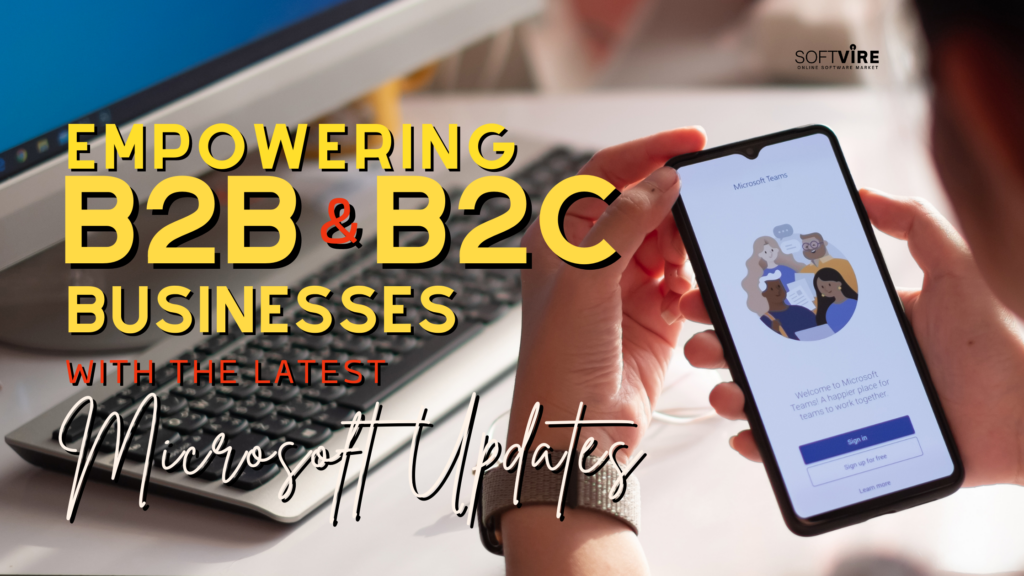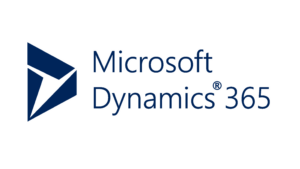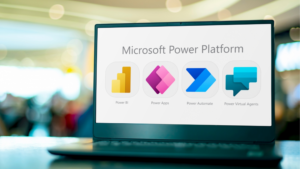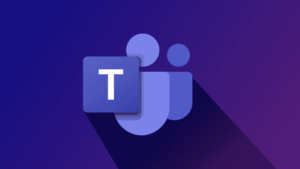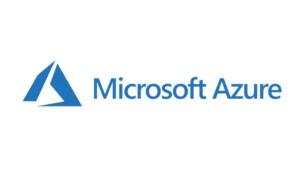As businesses continue to adapt to the ever-evolving digital landscape, technology plays a pivotal role in driving growth and innovation. Microsoft, a global technology leader, consistently updates and enhances its suite of solutions to empower both B2B (business-to-business) and B2C (business-to-consumer) companies with the tools they need to succeed.
In this blog, we will explore some of the latest Microsoft updates that are beneficial for businesses in Australia, along with examples of how these updates can be leveraged for success.
-
Microsoft Dynamics 365: Transforming Customer Engagement
Microsoft Dynamics 365 is a comprehensive suite of business applications that enable companies to manage their sales, marketing, customer service, and operations seamlessly. One of the latest updates in Dynamics 365 is the enhanced Customer Engagement module, which provides businesses with powerful tools to build meaningful relationships with their customers.
For B2B companies, the updated Dynamics 365 allows them to streamline their sales and account management processes. Sales teams can now access advanced AI-powered insights and recommendations to prioritize leads, personalize engagements, and close deals more effectively.
For example, a B2B manufacturing company can leverage Dynamics 365 to identify potential cross-selling opportunities and offer tailored solutions to their customers, resulting in increased customer satisfaction and loyalty.
For B2C companies, the updated Dynamics 365 enables them to deliver exceptional customer experiences. Marketers can leverage enhanced marketing automation capabilities to create personalized campaigns, track customer interactions, and measure campaign effectiveness.
For instance, a B2C e-commerce company can use Dynamics 365 to send personalized product recommendations based on customer browsing and purchase history, resulting in higher conversion rates and customer retention.
-
Microsoft Power Platform: Driving Business Process Automation
Microsoft Power Platform is a suite of low-code and no-code tools that empowers businesses to build custom applications and automate workflows without extensive coding skills. The latest updates in Power Platform provide businesses with enhanced capabilities to drive business process automation and efficiency.
For B2B companies, Power Platform allows them to streamline their internal processes and optimize operations. For example, a B2B logistics company can leverage Power Automate (formerly known as Microsoft Flow) to automate the approval process for shipment requests, reducing manual errors and accelerating the order fulfilment process.
Power Apps, another component of Power Platform, enables businesses to build custom apps for internal use, such as inventory management, employee onboarding, and expense tracking, tailored to their specific needs.
For B2C companies, Power Platform enables them to deliver personalized experiences and enhance customer engagement. For instance, a B2C retail company can use Power Apps to build a mobile app that allows customers to browse and purchase products, track orders, and receive personalized offers.
Power Automate can be used to automate customer service processes, such as sending order confirmation emails, processing returns, and handling customer inquiries, resulting in improved customer satisfaction and loyalty.
-
Microsoft Teams: Enabling Collaboration and Communication
Microsoft Teams is a popular collaboration and communication platform that has become even more essential in the current remote and hybrid work environment. The latest updates in Teams provide businesses with enhanced features for seamless collaboration and communication, both internally and externally.
For B2B companies, Teams enable them to collaborate with their partners, suppliers, and customers in a secure and efficient manner. For example, a B2B consulting firm can use Teams to create private channels for different projects and invite external partners to collaborate on documents, hold virtual meetings, and exchange information securely.
Teams also integrate with other Microsoft applications, such as Dynamics 365 and SharePoint, enabling businesses to have a unified collaboration experience across their workflow.
For B2C companies, Teams can be leveraged for customer engagement and support. For instance, a B2C retail companies can use Teams to conduct virtual customer service sessions, where customers can connect with sales representatives to get product recommendations, ask questions, and receive support in real-time. Teams can also be used for virtual events, such as product launches or customer webinars, to engage with customers and gather feedback.
-
Microsoft Azure: Empowering Cloud-Based Solutions
Microsoft Azure is a cloud computing platform that provides businesses with a wide range of services for building, deploying, and managing applications and services. The latest updates in Azure offer businesses advanced capabilities for developing and deploying cloud-based solutions to drive innovation and agility.
For B2B companies, Azure provides a scalable and secure cloud platform to develop and deploy business applications.
For example, a B2B software company can leverage Azure App Service to develop and deploy a custom web application that streamlines its internal processes, such as order management or inventory tracking.
Azure also offers advanced analytics and AI capabilities, such as Azure Machine Learning and Azure Cognitive Services, which can be used to develop intelligent applications that provide insights and recommendations to customers.
For B2C companies, Azure offers a robust platform to build and deploy customer-facing applications and services. For instance, a B2C e-commerce company can use Azure to develop and deploy a scalable and secure e-commerce website that can handle high traffic volumes, provide personalized experiences to customers, and process online payments securely.
Azure also offers tools for data management and analytics, such as Azure SQL Database and Azure Cosmos DB, which can be used to store and analyze customer data for personalized marketing and customer service.
Conclusion
Microsoft continues to innovate and update its suite of solutions to empower both B2B and B2C companies with the tools they need to succeed in the digital age.
From customer engagement and business process automation with Dynamics 365 and Power Platform to collaboration and communication with Teams, to cloud-based solutions with Azure, businesses in Australia can leverage these updates to drive growth, enhance customer experiences, and protect their data and systems from cyber threats.
Embracing these latest Microsoft updates can enable businesses to stay ahead of the competition and achieve their digital transformation goals.
If you’re looking for bundled Microsoft products, check out our hot offers now!

